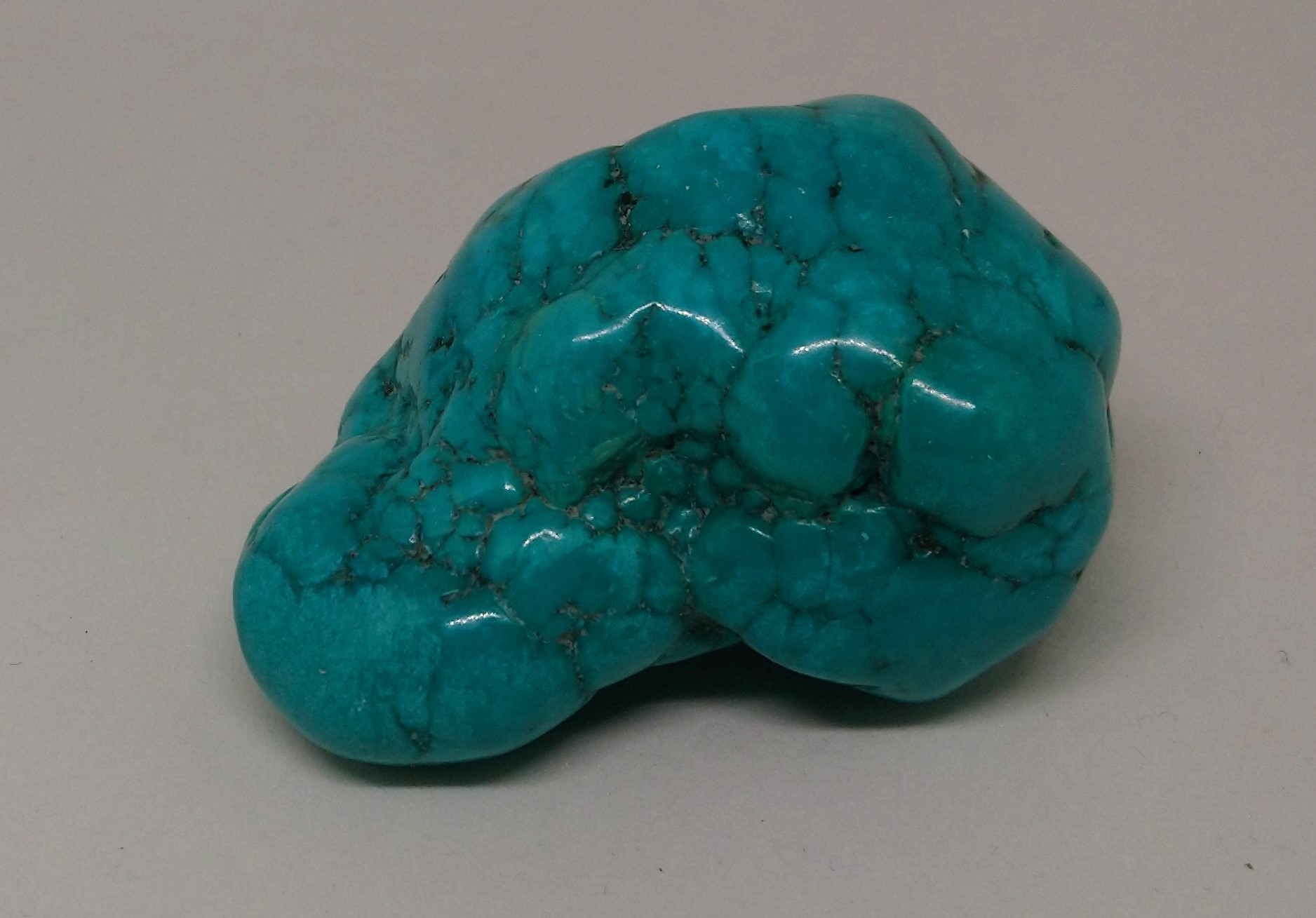
Why Do You Crave Sugar?
Contrary to what some of us would like to believe, none of us are born with a sweet tooth. Sugar cravings are the undoing of many people’s new years resolutions, the driver behind sneaking a brownie with your coffee, and the leading cause of entire blocks of chocolate disappear ingin one sitting. From the physiological to the psychological, there are several factors at play when it comes to sugar cravings, and the consequences of consuming too much sugar can be dire.
So, why do some people just seem to always crave sugar? You’reeating your emotions Stress eating is experienced by most people at some point in their lives, and sugar fiends aren’t immune. When you’re stressed, your body releases cortisol, otherwise known as ‘the stress hormone’. When your body is stressed, it uses more energy as your sympathetic nervous system is activated and in overdrive, so you look for the quickest energy boost you can find–sugar.
The link between sugar cravings and emotions is also found in people experiencing depression. When we consume sugar, our serotonin levels–otherwise known as ‘the happy hormone’–increase. So, when we’re looking for that dose of serotonin, sugar is often the quickest source. You’re not eating enough of the good stuff People with poor eating habits tend to be lacking in one or more nutritional areas, leaving the body to play catch-up on refuelling its energy stores to keep functioning.
In a fast-paced world with ever-increasing energy demands, some people go to the quickest and most convenient way to restore that energy–you guessed it. Sugar. Refined sugar gives the body a big energy spike, but what goes up must come down, and the body comes down hard and fast. After the energy spike comes the fast drop, and people often try to remedy this by eating more sugar, creating a vicious cycle of highs and lows and nonstop sugar cravings.
You’re a creature of habit Habits can be good and bad. For example, habitually going for a run at the same time every morning is good. On the contrary, drinking an energy drink at the same time every morning can be bad. Habits are formed over time, and eventually become second nature to a person’s routine, making them notoriously hard to break.
What may seem like a sugar craving after dinner might in-fact just be the result of a habit of always eating dessert. The brain has essentially trained itself to expect a hit of sugar at a certain time or after a certain trigger, and usually needs to be retrained to break the cycle.
 Malachite
Malachite



